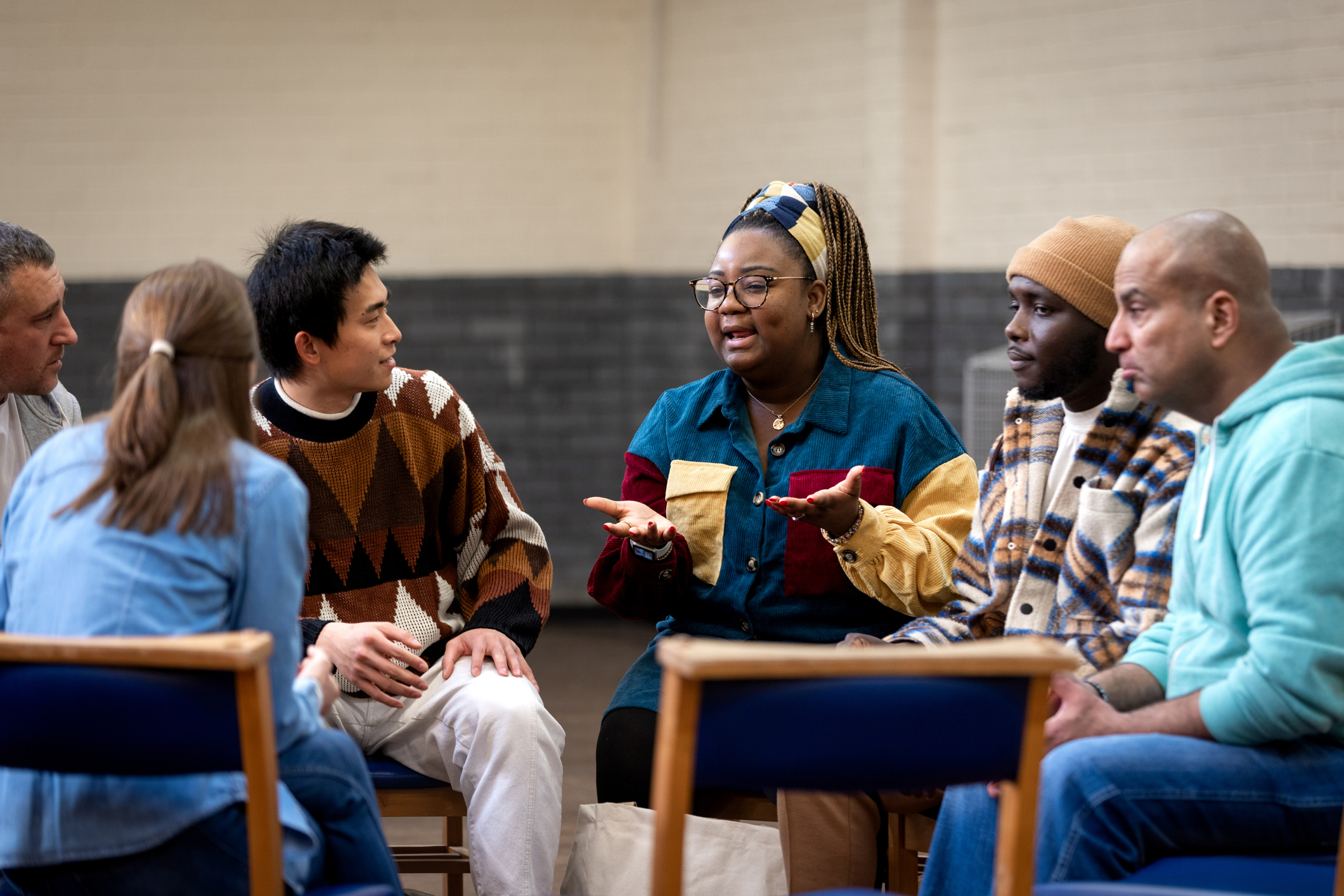By Chad Dion Lassiter, MSW
This fall, I have returned to the classroom as a professor at the University of Pennsylvania and West Chester University and, as I have done so, I’m faced with students eager to become social workers.
In part, I believe, it is because social work is one of the country’s fastest growing careers. The U.S. Bureau of Labor Statistics estimates that “the employment of social workers is projected to grow 7 percent from 2022 to 2032 — faster than the average for all occupations.”
This means my students will be able to find a job upon graduation.
But getting a job is not the most important consideration that brings undergraduates and graduates to the social work profession.
Without fail, they all tell me some version of them wanting to help people. They want to be on the side of justice for the country’s most marginalized. It is a noble answer and that is why they are sitting in my class. I admire their optimism and sincerity.
However, it ill-serves our profession if I left the conversation at that point.
By any metric, social work is not as diverse as it needs to be. The nation’s schools of social work will confer over 19,000 undergraduate social work degrees this academic year. Almost nine out of 10 social work students who earn a BSW degree are female. Seven out of 10 are younger than 25. Almost one out of two are White. The lack of diversity means my students often have limited access to different points of view.
How then does the concept of help differ for the 5 percent of social work graduates who are 45 years or older or the 11.5 percent who are male? How will it differ from their future clients who most likely will not look like them or share their life experiences?
We as social work professors must engage the challenging conversations.
What does it really mean to help. Who deserves our help? How long should we help? How do we help? When is help harmful?
Or as James Baldwin said, “The questions which one asks oneself begin, at least, to illuminate the world, and become one’s key to the experience of others.”
The first thing they must grapple with is help exists within a political, cultural, economic, and ideological context. In America – we are encouraged to help. We are told that it is more blessed to give than receive. Scores of articles are written about being generous towards others.
Even rarer do we have conversations about less comfortable topics such as the learned helplessness from which clients can suffer or the White Savior complex that some social workers can fall victim to.
White Saviorism comes from the same root as white supremacy – a position of superiority, however, its purpose is to rescue and not harm people of color. But a recent article in the Guardian shows how dangerous it can be.
Renee Bach, the subject of an upcoming documentary, is a United States evangelical who moved to Uganda, started a food distribution center as well as a health center. She oversaw medical treatments although she had no medical training and while she helped hundreds of children, hundreds also died from her care.
Bach said she wanted to help.
Our students must learn that help has a difficult history. Native American children who were taken from their parents and international adoptions where many children totally lost their cultural identity when they gained US citizenship are only two examples.
Syracuse Professor Dr. Danielle Smith said “[White saviorism is] essentially a form of blindness. It’s not going to allow you to perceive what is in front of you accurately. If you can’t see it accurately, then you can’t be of really profound use in solving the problem.”
If our social work graduates leave the university with a deeper understanding of what they and others mean by “help” and how that may look differently for people, it will allow the profession to develop a greater capacity to ultimately make a true difference.
Disclaimer: The National Association of Social Workers invites members to share their expertise and experiences through Member Voices. This blog was prepared by Chad Dion Lassiter in his personal capacity and does not necessarily reflect the view of the National Association of Social Workers.
About the Author

Chad Dion Lassiter is a nationally recognized expert in race relations. He has worked on race, peace, and poverty-related issues in the United States, Africa, Canada, Haiti, Israel, and Norway, and is frequently featured in the media providing commentary and solutions to racial issues.
Lassiter is executive director of the Pennsylvania Human Relations Commission, where he has legislatively delegated authority to investigate filed complaints alleging the occurrence of unlawful discrimination in the areas of employment, housing and commercial property, education, and/or regarding public accommodations.




